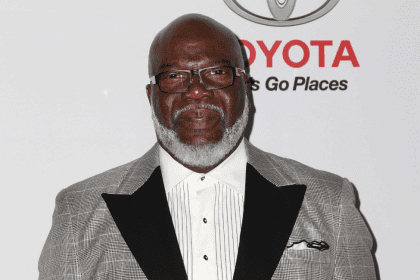
A financial and academic crisis has struck the campus of one of the oldest institutions of higher learning among the nation’s treasured Historically Black Colleges and Universities.
It was announced on Tuesday, Dec. 11, 2018, at the most recent meeting of the Southern Association of Colleges and Schools Commission on Colleges in New Orleans that Bennett College, a 143-year-old HBCU located in Greensboro, North Carolina, has lost its accreditation. The school had been on probation since 2016 and was unable to address the deficiencies identified by the accrediting organization.
At the New Orleans meeting, the organization formally removed Bennett as a member college. According to SACSCOC, an official letter of its decision will be sent to the college president in January. At that time the school must respond within 10 days whether they will appeal the loss of accreditation.
Previously the SACSCOC cited Bennett for issues over its financial situation. Because of its failure to make substantial progress, it was deemed out of compliance with its rule requiring colleges to have sound financial resources and a stable financial base.
Bennett will remain accredited until an appeal is heard in February 2019. If the college fails in its appeal, the nation’s second HBCU for women can remain open but will receive no federal funds. It will have to close its doors until it meets the criteria for re-accreditation. Bennett will retain its accreditation during the appeals process.
According to the SACSCOC, when a college is placed on probation, it has a two-year window to address the identified issues. After that time period, one of two things can happen: its accreditation is restored in full with no sanctions, or it is removed from membership, losing accreditation.
When a college loses its accreditation, it cannot receive federal funds such as Pell Grants, federal student loans or work-study funds to cover the cost of tuition, fees, and other student expenses. In addition, students may find it hard to transfer credits, get admitted to graduate school or find employment from companies that require a degree from an accredited institution of higher learning.
The move is a serious blow to the estimated 469 women currently attending Bennett College, but the school’s president, Dr. Phyllis Worthy Dawkins, is optimistic.
“The door’s not closed all the way yet,” Dawkins told the media. “… We’re going to move forward and try to do some things. We have several strategies we’re trying to activate.”















